NK cells: from receptors to the cure of leukaemias
10th March 2014.
L Moretta, G Gaslini Institute, Genoa and University of Genoa.
The first Carlo Moreschi lecture will be given on the 10th of March 2014 by Lorenzo Moretta. The poster of the lecture can be downloaded here.
Carlo Moreschi was born in Cermenate (Como) in 1876 and studied Medicine at the University of Pavia (1894-1900) and Collegio Borromeo (1896-1900). He worked in C Golgi’s laboratory as an undergraduate and published studies on experimental typhoid fever as early as 1900. After graduation he joined the University Clinic and continued his research on infectious disease and immunological reactions under Luigi Devoto. In 1904 he moved to the Institute of Hygiene of the University of Königsberg to work with Robert Pfeiffer, who had isolated H influenzae in 1892. He worked in Germany, except for brief periods of times in which he returned to Pavia, until 1909 spending the last two years in Paul Ehrlich laboratory in Frankfurt and contributing to studies on tumour growth. After returning to Pavia in 1909/10 he joined the University Clinic directed by Vittorio Ascoli and shifted his interests to leukaemias. He joined the Army during World War 1 as a medical officer. He obtained a fixed-term contract at the University of Sassari (Sardinia) in 1916 and a tenured position in Messina in 1920 where he set himself the ambitious task of building a new Clinic and research laboratories. In 1921, however, aged 45, he contracted smallpox and died in in Pavia assisted by his close friend Emilio Veratti whom he had known since the undergraduate years in C Golgi’s laboratory. Carlo Moreschi studied extensively key components of soluble immunity, such as complement, and a range of immunological phenomena - such as agglutination and complement fixation - and their application to the diagnosis of infectious diseases (serology). Further, in a key paper that he published in 1908 he described the anti-globulin reaction (Neue Tatsachen über die Blutkörperchenagglutination in Zentralblatt Bakteriol 46:49-51 (1908). He is the main pioneer of immunological research in Italy. He married Carlotta Mühsam in 1909 and had two children.
Lorenzo Moretta, the first Carlo Moreschi lecturer, was born in Genoa in 1948 and studied Medicine at the University of Genoa where he graduated in 1972. He carried out post-doctoral research at Birmingham (Alabama) and Lausanne where he became Director of the Clinical Immunology Laboratories of the Lausanne Branch of the Ludwig Institute for Cancer Research before returning to Genoa where he has held the Chair of General Pathology from 1994 and has been Director of the G Gaslini Institute from 2000. Lorenzo Moretta’s early research involved the identification and characterisation of T lymphocyte subpopulations in humans. In subsequent years he broadened his interests to the study of natural killer (NK) lymphocytes and discovered a class of inhibiting receptors specific for HLA class I molecules (named KIR) as well as a second class of receptors responsible for NK cell activation and tumour killing. In a development of this programme of research Lorenzo Moretta and his colleagues discovered a major role of NK cells - and KIR-HLA-class I mismtaches in the eradication of acute, high risk myeloid leukemias. Lorenzo Moretta is a member of several major scientific and medical Academies and has won a number of Research Prizes in Italy and abroad, notably the WB Coley Award for Distinguished Research in Basic and Tumor Immunology of USA Cancer Research Institute (New York) and the Novartis Award for Basic Immunology (Stockholm).
From Dolly to treatment of human disease
31st March 2014.
I Wilmut, MRC Centre for Regenerative Medicine, University of Edinburgh.
The first Marco Fraccaro lecture will be given on the 31st of March 2014 by Ian Wilmut. The poster of the lecture can be downloaded here.
Extraordinary opportunities to study the molecular mechanisms that cause inherited diseases are being provided by new methods of producing stem cells. These techniques make it possible to produce cells from a patient that are equivalent to those early in their life. If the patient has an inherited disease then their cells may be compared with equivalent cells from a healthy donor in a search for differences associated with the disease and use this knowledge to devise tests to identify new drugs. In principle many inherited diseases may be studied in this way including motor neuron disease, schizophrenia, cancer and sudden heart failure. In addition, human cells in the laboratory may provide important new approaches to the testing of new drugs, increasing the efficiency of drug development and reducing the costs involved. The lecture will illustrate not only the potential value of these new methods, but also the manner in which their development was prompted by research to clone a sheep.
Marco Fraccaro (26 September 1926 - 2 April 2008) was a distinguished geneticist and Professor of Human Genetics at the University of Pavia for over thirty years. Born in Pavia, he attended the local Liceo Classico Ugo Foscolo with and the Medical School of the University of Pavia where he graduated in 1950. After a few years at the local Institute of Pathological Anatomy he moved to Lionel Penrose in the Galton Laboratory at UCL in 1954 with a fellowship from the British Council and, a year later, to Jan Book’s laboratory in Uppsala where he stayed until 1958 during which time he met his future wife Inga. In 1960, he moved to the newly formed MRC Population Genetics Research Unit in Oxford under Alan Stevenson where he continued his work on cytogenetics that he had initiated in Uppsala. He returned to Pavia in 1962 where he started a highly successful and productive laboratory with funding from NATO and EURATOM and where he took up the Chair of Human Genetics, which he held until 2001.
Throughout his research Marco Fraccaro focussed primarily on sex chromosome abnormalities, especially the genetic abnormalities responsible for abnormal physical and sexual development, but he contributed to several other areas of Genetics such as the distribution in the population of specific types of congenital malformations and the effect of radiation on chromosomes of cells. Marco Fraccaro was deeply attached to Pavia and Oxford and there was hardly a conversation in which he failed to mention the life and history of these two cities. His love for Oxford was also expressed in a small book of quotations (Oxford for strangers of all sorts) which he published in 1997. From 1971 until 2002 he was Master of Collegio Cairoli, one of the University Colleges at Pavia. He run the College informally and effectively and made Cairoli a place of learning and debate for students and staff. He also made it into a meeting point for modern visual arts by organising a successful series of exhibitions of modern artists that will enrich the College for years to come. Marco Fraccaro has been one of the defining personalities of the University of Pavia in the second half of the 20th century and the lecture aims to recognise his interests in Science and the Arts and his intellectual legacy.
Ian Wilmut, the first Marco Fraccaro lecturer, is a British embryologist who in February 1997 took the world by surprise when he announced that he had cloned the the sheep Dolly using DNA from an adult cell. Born in Hampton Lucey, near Warwick, in 1944, Ian Wilmut studied first at Nottingham and subsequently at Cambridge with Chris Porge. Following completion of his PhD at Cambridge, Wilmut was able to produce the first calf born from a frozen embryo and several years later, after he had joined the Roslin Institute in Scotland, he embarked in the research programme that eventually led in 1996 to the birth of Dolly, the first mammal clone to be generated. After Dolly, Wilmut continued with his cloning work and produce Molly and Polly, two genetically modified sheep clones that produced a valuable therapeutic protein in their milk, namely coagulation factor IX for the treatment of haemophilia, thus fulfilling the initial goals of the research programme on animal cloning of the Roslin Institute.
The cloning of the first mammal by I Wilmut raised a widespread and intense debate about the ethics of cloning and the fear that the technology could be utilised to clone human beings. Nearly two decades after the birth of Dolly, however, the fear about human cloning has receded and has left space to a constructive debate about the prospects that the technology offers for understanding of the origin of certain human diseases and their therapy. I Wilmut has been a towering figure throughout the remarkable developments that embryology has attained in the last decades: he has been responsible for the famous cloning breakthrough and has been responsible, less famously but just as importantly, for the changes to the UK 1990 Human Fertilisation and Embryology Act that underlie the current exploitation of cloning technology in Medicine.
Skin stem cells. Biology and applications
A Giannetti, University of Modena.
The seminar will take place in the College lecture theatre at 6.00 pm. The poster can be downloaded here. The above image is from Kim Jensen, Stem Cell Institute, Cambridge (UK). The epidermis is a complex tissue renewed between 7 and 21 days. The epidermal stem cells are located mainly in the sheath of the hair follicle, in the interior of a niche, the so-called ‘bulge’. Keratinocyte holoclones display the strongest clonogenic capacity and a proliferative potential, they are multipotent and capable of ensuring effective tissue regeneration (they are able to form the hair follicle, the epidermis and sebaceous glands). Stem cells within the conjunctiva can form the epithelium of conjunctiva itself and the mucus glands. Stem cells within the cornea give rise to the corneal epithelium of the cornea. The cornea originated from stem cells from the limbus area transplanted to patients whose cornea had been damaged by physical or chemical burns restored eye sight, a functional recovery retained 10 years after the original transplant. Skin stem cells can now be used successfully to treat loss of skin, whether caused by burns or large wounds in the large or serious vascular ulcers and certain congenital diseases causing depigmentation. The most dramatic application thus far, however, involves the gene therapy / stem cell - mediated therapy of Epidermolysis Bullosa (EB), a genetic disease due to mutations in the alpha-6 beta-4 integrin and/or laminin gene(s) and resulting in extreme skin fragility and potential death. Successful rescue of the skin of these patients has been achieved and retained up to 7 years from the original graft. Experimental therapy of other types of EB have been less straightforward and will be discussed during the seminar.
[1] Rheinwald JC & Green H: Serial cultivation of strains of human epidermal keratinocytes: the formation of keratinizing colonies from single cells. Cell 6:331 (1975)
[2] De Luca M et al. Regeneration of sqamous epithelia from stem cells of cultured grafts. Regen Med 1:45 (2006)
[3] Mavillo F et al. Correction of Junctional Epidermolysis Bullosa by transplantation of genetically modified epidermal stem-cells. Nat Med 12: 1397 (2006)
[4] De Rosa L et al. Long term stability and safety of transgenic cultured epidermal Stem Cell in gene therapy. Stem Cells Rep 2:1 (2013)
Alberto Giannetti was born in La Spezia (Italy) in 1939 and studied Medicine at Collegio Cairoli and the University of Pavia where he graduated in 1963. He subsequently studied and carried out research in Dermatology in Pavia and Amsterdam, was President of the European Society for Dermatological Research (ESDR) for 1984 and 1985 and was Professor of Dermatology at the University of Modena from 1986 where he is now Emeritus Professor. He has been a member of several National Boards, including the AIDS one, and has been Director of Istituto Dermopatico dell’ Immacolata in Rome from 1998 to 2000. He has published extensively in several areas of skin research, contributed to a number of research books and edited the Trattato Italiano di Dermatologia, a reference work also available in English, a copy of which A Giannetti donated to the College library. He received prizes from the European Dermatology Forum, the European Academy of Dermatology and Venereology, the Japanese Society of Dermatology and the International League of Dermatological Societies.
Dissertation Project: Volunteers Needed
Dario Bonaretti, a final year MSc student in International Business and Economics (and a long term member of the College and the VSU Executive) needs to recruit several volunteers for a study that will form the basis of his disertation.
College students willing to take parte in the relevant experiment (30-40 minutes) should contact This email address is being protected from spambots. You need JavaScript enabled to view it. in the first instance and will be asked to present themselves at 2.30 pm on February 19th in the College Board Room (ground floor, adjacent to the Master's office) when they will be given full details of the highly secretive experiment. Importantly volunteers will be rewarded with two pints - per student - of good beer whether the experiment is successful or not.
Courses, Lectures, etc
The College organises a number of courses in three main areas: personal development, computer science and language studies (English, French and German). College lectures are main events on topics of broad interest in which considerable advances have been made in recent times. The A Volta Lecture covers a wide range of subjects, from the Humanities to the Sciences and highlights cultural developments with a broad impact on society. The C Golgi and C Moreschi lectures are devoted to developments in Medicine and Immunology. The M Fraccaro lecture - organised jointly with Collegio Cairoli - addresses advances in Genetics and Developmental Biology. Volta also intends to promote Summer Schools in areas of science that are undergoing major changes or advances.
Skin Stem Cells for Therapy: Seminar
On February 26th 2014 at 6.00 pm Alberto Giannetti, a clinical scientist formerly at the University of Modena and living in Pavia, will give a College seminar in Italian on: Cellule staminali epidermiche: proprieta' biologiche e applicazioni cliniche. The seminar is open to all College students and other University students will be of particular interest to students of Medicine (both pre-clinical and clinical), Biology, Biotechnology and Pharmaceutical Sciences.
The poster of the seminar can be downloaded here. The abstract of the seminar, key references and a short biographical sketch of Alberto Giannetti can be found in the relevant page.
On a separate but important note College students may also like to know that Alberto Giannetti is a College benefactor since several months ago he entrusted the College Library with a copy of a large textbook on Skin and Skin Diseases that he edited.
Studying Abroad: Seminar
College students will remember that during the General Assembly of 7th October 2013, the College announced that it had generated, with input from Alessandra Varasi, a database of all schemes available in Pavia for study abroad either in term time or during the summer vacation. Several of these schemes have recently been expanded or have undergone major changes - notably the ones supported by the European Commission - and, as a result the College has invited members of the International Office of the University visit College and provide the students of Volta with the latest information and practical advice on the application procedure for individual schemes.
The seminar, entitled Opportunita’ di mobilita’ internazionale per gli studenti Pavesi will include contributions by Andrea Pichelli, Chantal Riccardi, Gaia Garancini, Debora Bolla and Veronica Veronese and Michela Cobelli will take place in the main lecture theatre at 6.00 pm on 10th of February 2014. All College students, undergraduates and postgraduates are invited to attend and the poster of the seminar can be downloaded here.
The Egyptian Revolution: Essay Prize
The Egyptian Embassy in Rome has launched a Prize competition to promote and celebrate the Revolution of 25th January 2011. The deadline is very close (10th February 2014) but College has only just received the relevant notice from GB Parigi.
Interested Volta students may still wish to read the details of the competition (available and downloadable in Italian and Arabic and consider a submission.
Students Welfare: Update
The College web page on Students Welfare has been expanded and updated as a result of the fact that College recently discovered that the University provides students counselling.
Volta Students who believe to be in need of advice and support are encouraged to contact This email address is being protected from spambots. You need JavaScript enabled to view it., a psychologist who works from the Centro di Orientamento of the University. Paola confirmed in a recent meeting that she will be happy to schedule an appointment with any student who is in need of support and who approaches her.
This is a valuable service and one that College missed. College students, therefore, are strongly encouraged to access counselling/support when in need.
Christmas and New Year
The College will close for Christmas and New Year holidays in the afternoon of Friday the 20th of December 2013 and will re-open in the morning of the 7th of January 2014.
Students who need to stay in College during the time of closure are allowed to do so but need to inform the College office by Friday morning at the latest that they will be in residence between the 21st of December and the 6th of January as the College must have an accurate list of the students in residence for Health & Safety reasons.
The College wishes a Merry Christmas and a Happy New Year to all students and staff.
More...
The Arab world between revolution, radical Islam and repression
G Musso, University of Genoa.
The last of four seminars on The Arab Spring has been given by Giorgio Musso, a political scientist at the University of Genova on 4th of December 2013, at 9.00 pm.
Giorgio Musso tackled the important dynamics of changes in the countries of the Middle East and North of Africa which experienced the popular uprisings now known as the ‘Arab Spring’. Specifically, he focused on the evolution of the initial events nearly three years after the first uprisings. Giorgio Musso’s analysis demonstrated that each country is undergoing a distinct course of events but that, this notwithstanding, several common themes can be identified and can define the unique, albeit diverse, historical process of the Arab Spring.
The defining slogan of the early Arab uprisings “Freedom, bread, social justice” did not include the term ‘democracy’. Liberal democracy, as understood in Western countries, doesn’t correspond to the Arabic idea of it ( “everybody accepts democracy, no one accepts our democracy”). The western world appears to perceive the elections in countries such as Egypt that have undergone major social and political turmoil for the best part of the last three year, as a way to reduce a widespread anti-American feeling present. Elections have been wrongly seen as the goal, the purpose while they should be thought as a mean. The origin of debates, contestations and competitions led to wider conflicts, both political and social, ending in civil wars, as in Syria and Libya. Moreover the main and opposed political players that “act” both at a national and regional level, seem unable to achieve supremacy one over the other and the current result of this process is one of unending conflict and political stalemate.
According to Giorgio Musso in the case of Egypt, three major forces are engaged in the current social and political dynamics s: the “Ancient Regime”, the revolutionary forces and Islamic organisations such as the Muslim Brotherhood which gradually emerged as the actual “winner” before the military intervention of the summer 2013. It is easy to conclude that the Arab Spring, in Egypt and elsewhere, failed to deliver the ‘freedom, bread and social justice’ that the early uprisings demanded. However, closer analysis clearly reveals that the societies in question have undergone a profound change in the attitude and awareness of ordinary people toward the inefficiencies, inequities and corruption of government and public administration. That’s why, G Musso concludes, we should look at the events of the Arab Spring with a long-term perspective, and we should not measure success or failure on a day to day basis.
An Unsolved Transition
GP Calchi Novati, Italian Institute for International Studies.
The third of four seminars on The Arab Spring has been given by Gianpaolo Calchi-Novati t on 26th November 2013, 9.00 pm.
The political movement that at the beginning of 2011 started and promoted the uprising in North Africa had no recognised leader and represented a large part of the society including students and graduates, but mainly people from the cities and the urban area. There were no ideologies underpinning the movement and the main topics were freedom and justice. In Tunisia and Egypt the autocratic regimes were overcome with the alliance of the protesters and the army, while in Libya the Army was just a sum of tribal militia, thus the Tunisian and Egyptian scheme didn’t work properly. In every country experiencing the uprising, Islamic parties won the elections, an event not unexpected, if we consider their organisation and ability to provide social support, namely a basic form of welfare otherwise unavailable from government. What is actually surprising is the mistrust of the “liberal” parties toward the Islamist political movements that had shared the same commitment in the uprising, and their willingness to accept a role of the Army in solving the developing conflicts. In certain ways it seems that the uprising of the Arab Spring lack a pre-constituted aim for change and the whole process can be understood, in a Eurocentric view, as an Arabic 1789, or 1989, or a new decolonisation.
But in the European revolutions of 1789 or 1989 there was clearly a transition from an earlier situation (dependence or communism) to another one (sovereignty or capitalism). In the uprisings of the Arab Spring there is no such a clear way forward. It must also be kept in mind that the actual situation offers important stimuli for a great change in the politics of the Middle East. Firstly, it is a last opportunity for Israel to change its role, since its risks not to be the only democratic State in the area anymore and needs a new position in the relationship with the western countries. Moreover, there is a chance for an important debate between the Sunni and the Shiites, with the increasing role of two non-Arab countries such as Turkey and Iran. The US and EU keep trying to save their power, which needs to be brought into question by the Arab Springs, if they are really a leap toward auto-determination.
Gian Paolo Calchi Novati is a researcher at the Istituto per gli Studi di Politica Internazionale in Milan, the Center of African Studies in Boston and the University of California in Los Angeles (UCLA). He has been the director of the ‘Istituto Per le relazioni tra l’Italia e i paesi dell’Africa, America Latina e Medio Oriente’ in Rome (IPALMO). He was visiting professor at Addis Abeba University and lectured over the years at the Universities of Milan, Pisa, Urbino, Pavia, Tunisi, Nairobi and Mexico City. He was professor at University of Pavia in the Department of Political Sciences.
Volta Drama Society (VDRS)
The College wishes to inform its members of the stage production of W Shakespeare's Anthomy and Cleopatra The production will be staged in the College lecture theatre on ........ at 8.00 pm and will feature the paericipation of the Choir of Collegio Cairoli.
Tickets can be purchased at the doo (cost: € 8.00 each).
Volta Society for Economics (VSEC)
The first journal club organised by the new Volta Society for Economics will take place tomorrow afternoon at 5.00 pm in the College Board Room. Several College students will present papers concerning emerging themes in the area of globalisation and trade agreements.
All College students are invited to attend.
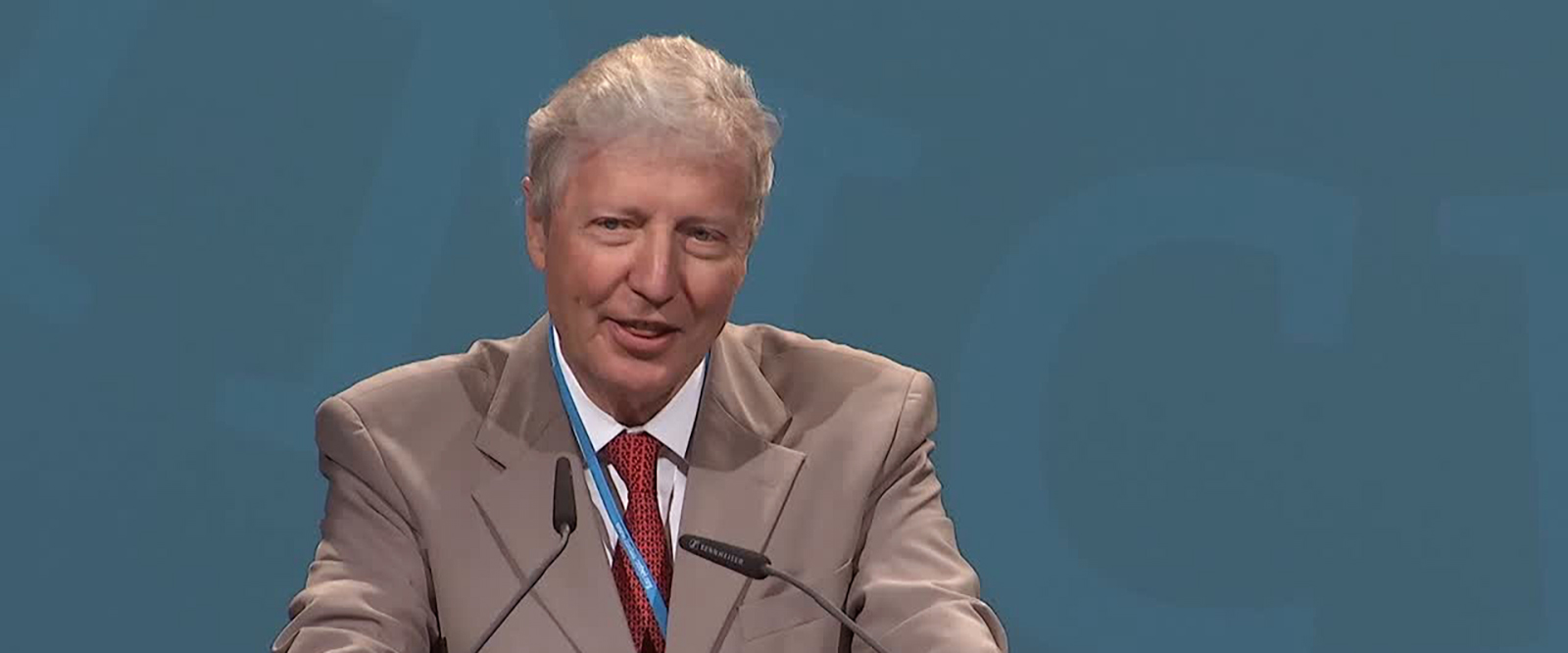
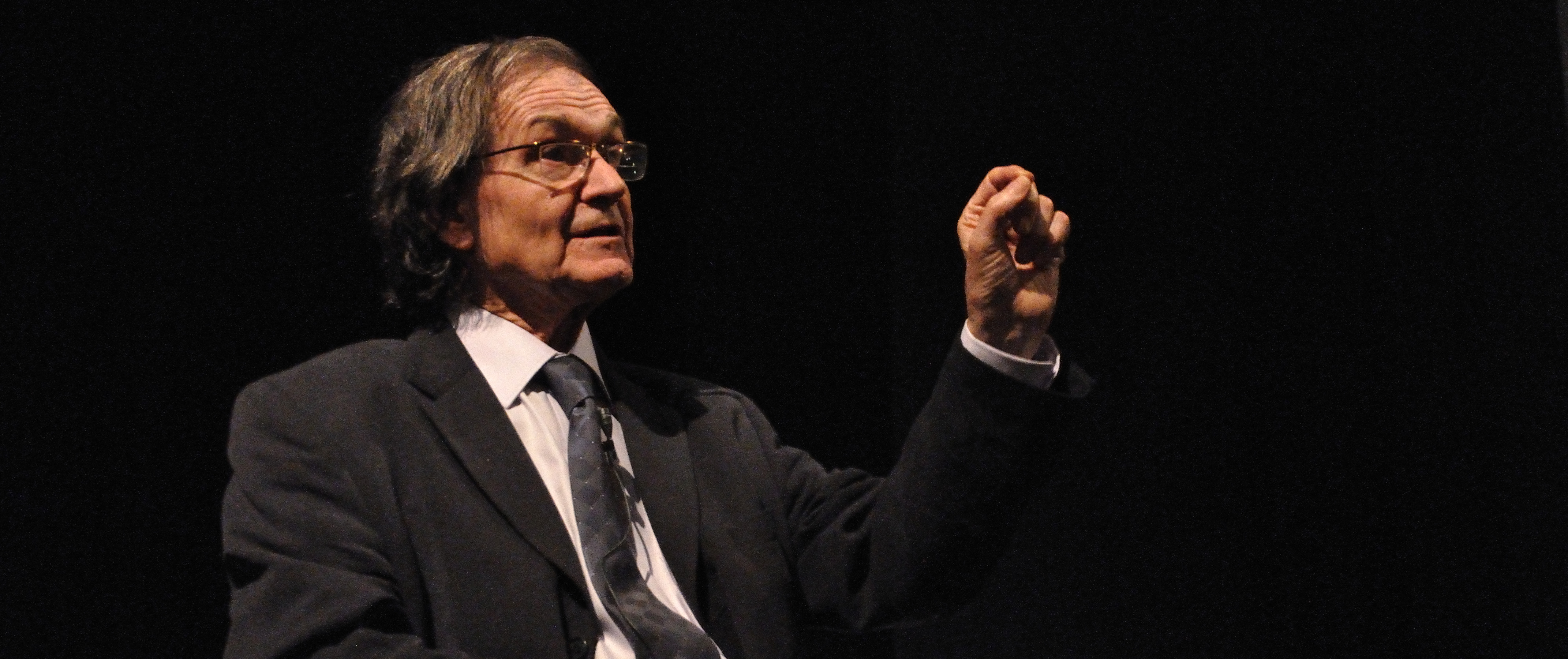
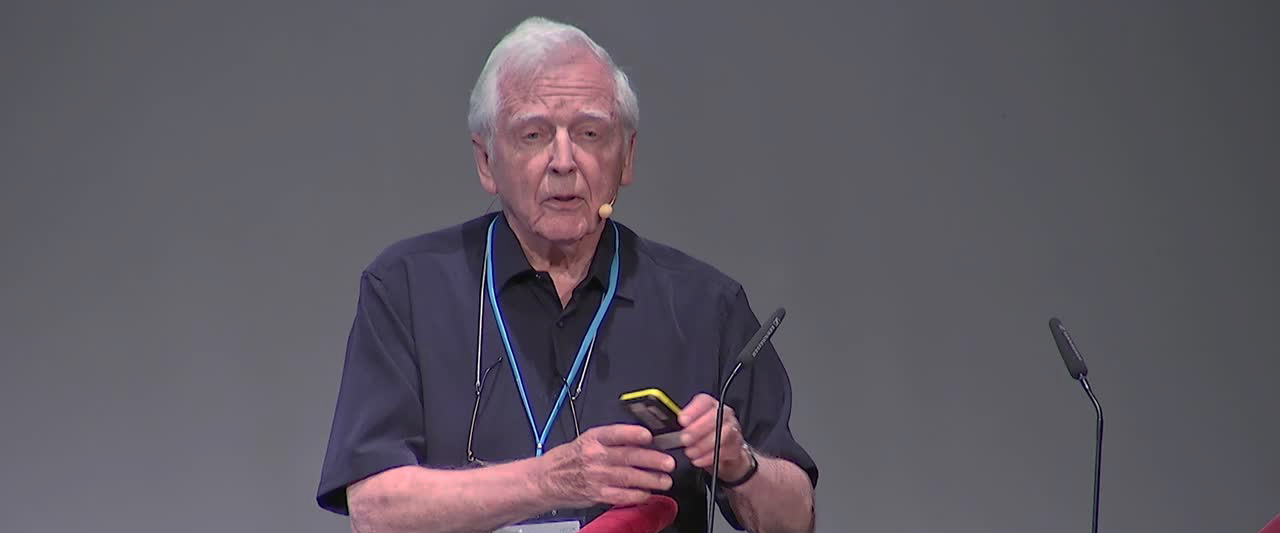
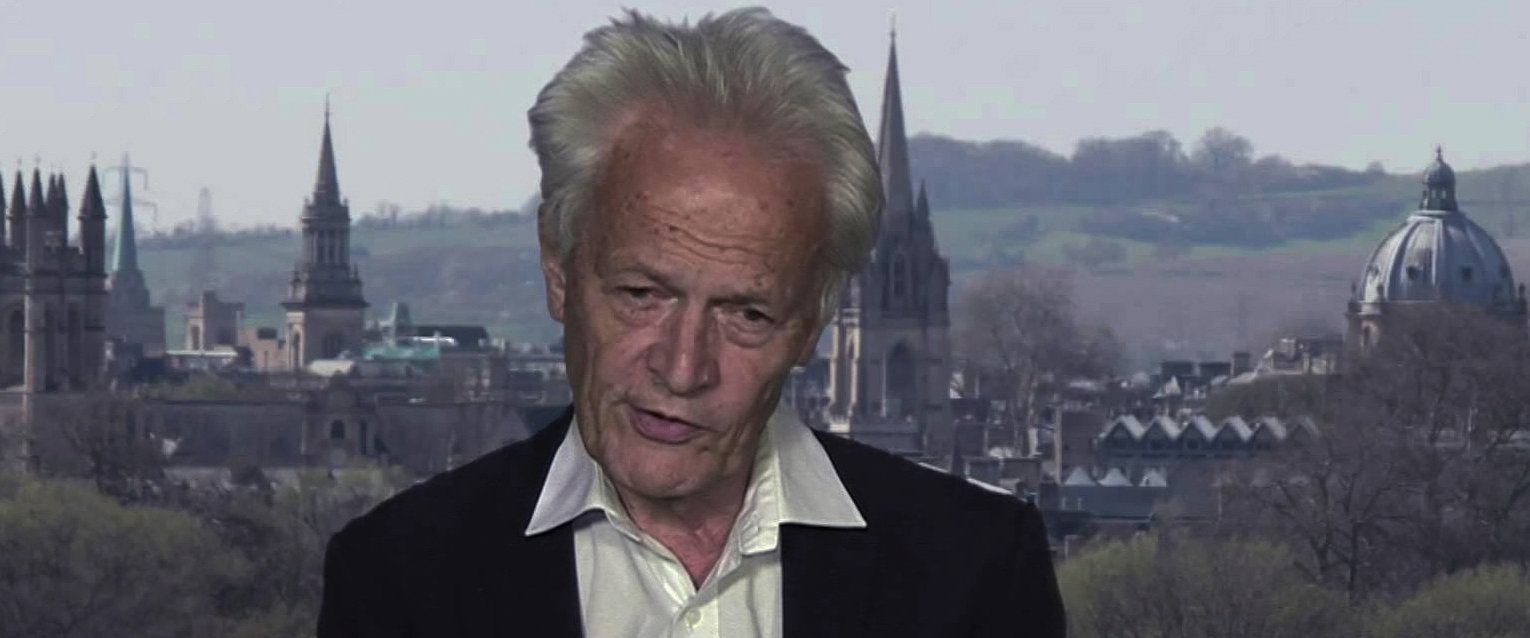
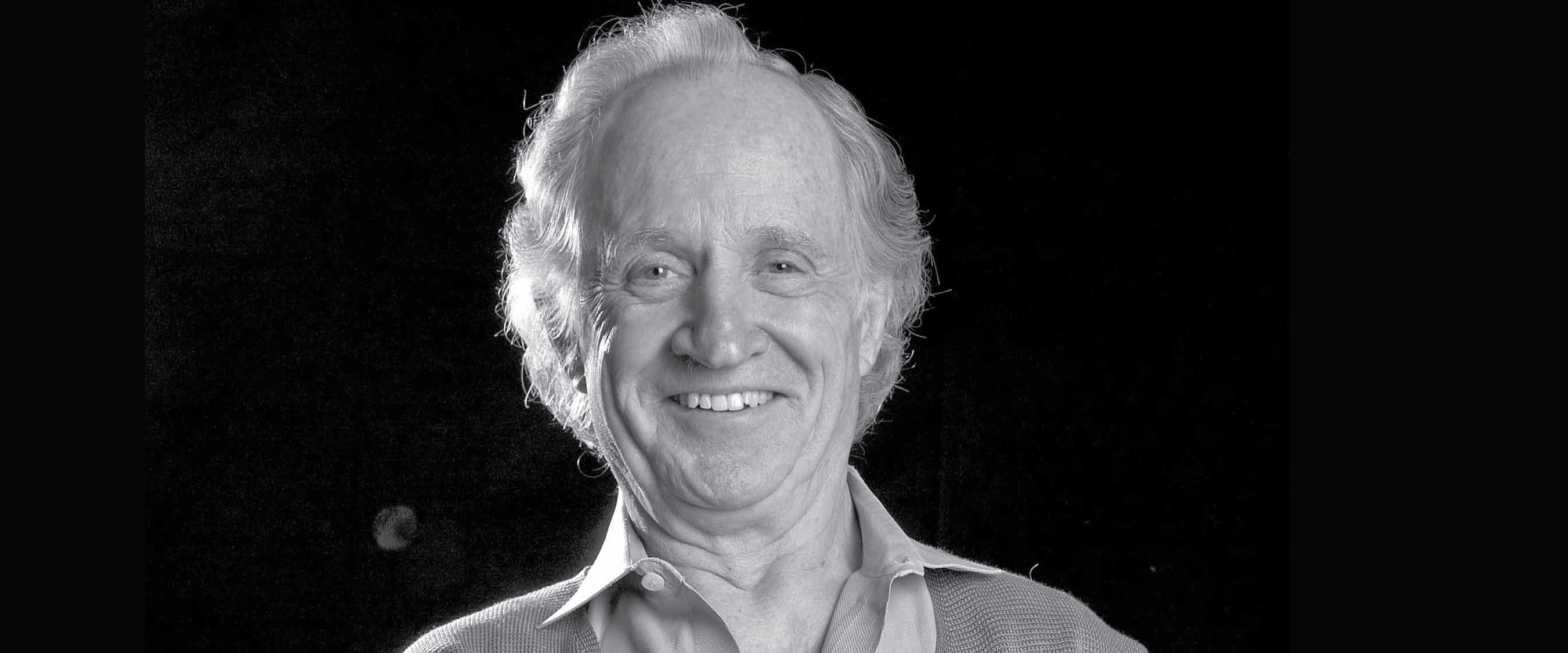
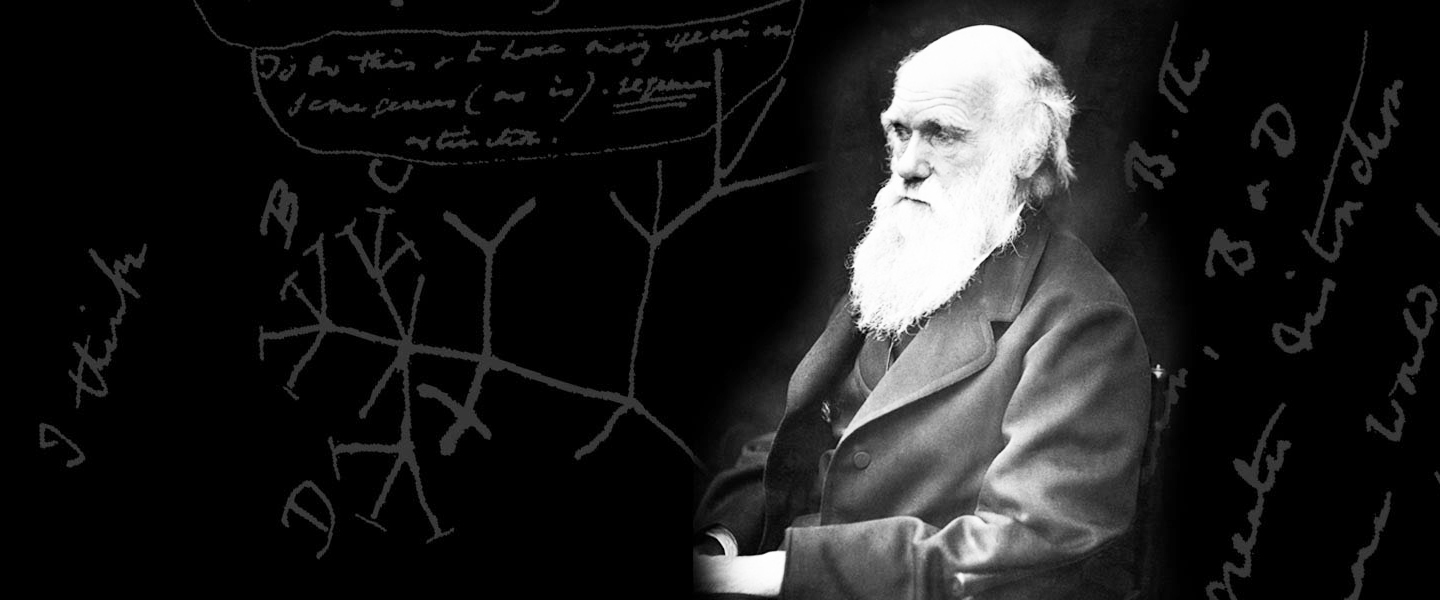






















 Articles
Articles